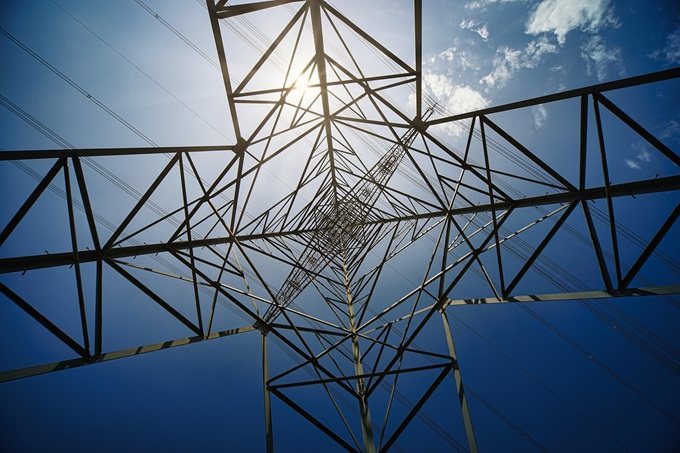BLOG
Microsoft's upcoming data centers to use closed loop, zero-water evaporation design
Microsoft plans to deploy a zero-water evaporation design in its upcoming data centers.
The closed loop system will first be piloted at its under-construction data centers in Phoenix, Arizona, and Mount Pleasant, Wisconsin, in 2026.
In its latest sustainability report, Microsoft said that it consumed more than 125 million liters of water per year per data center, with an average water usage effectiveness (WUE) of 0.30 L/kWh.
"By adopting chip-level cooling solutions, we can deliver precise temperature control without water evaporation," Steve Solomon, VP of data center infrastructure engineering at Microsoft, said.
Moving from evaporative systems to mechanical cooling is expected to increase the power usage effectiveness (PUE) of the data center design.
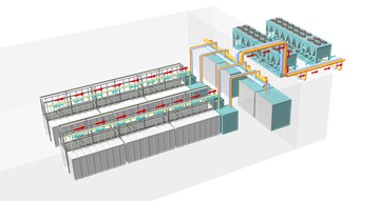
Nexalus brings liquid cooling technology to HPE servers
Nexalus has teamed up with HPE to integrate its liquid cooling technology - which it claims can recycle excess heat - into the vendor’s servers.
The partnership will see Nexalus deploy its technology in three of HPE’s server models, which it says offer enhanced thermal performance and reduced energy consumption.
Irish firm Nexalus uses a type of direct-to-chip liquid cooling technology that sees jets of cooling fluid sprayed onto specific parts of a chip to achieve the optimum cooling temperature.
Waste heat from the system can be collected and redirected elsewhere. Nexalus believes this could help customers reuse the warmth generated by their servers to supply things such as district heating systems.
HPE ProLiant DL360, DL365, and DL380a servers will now feature the technology.
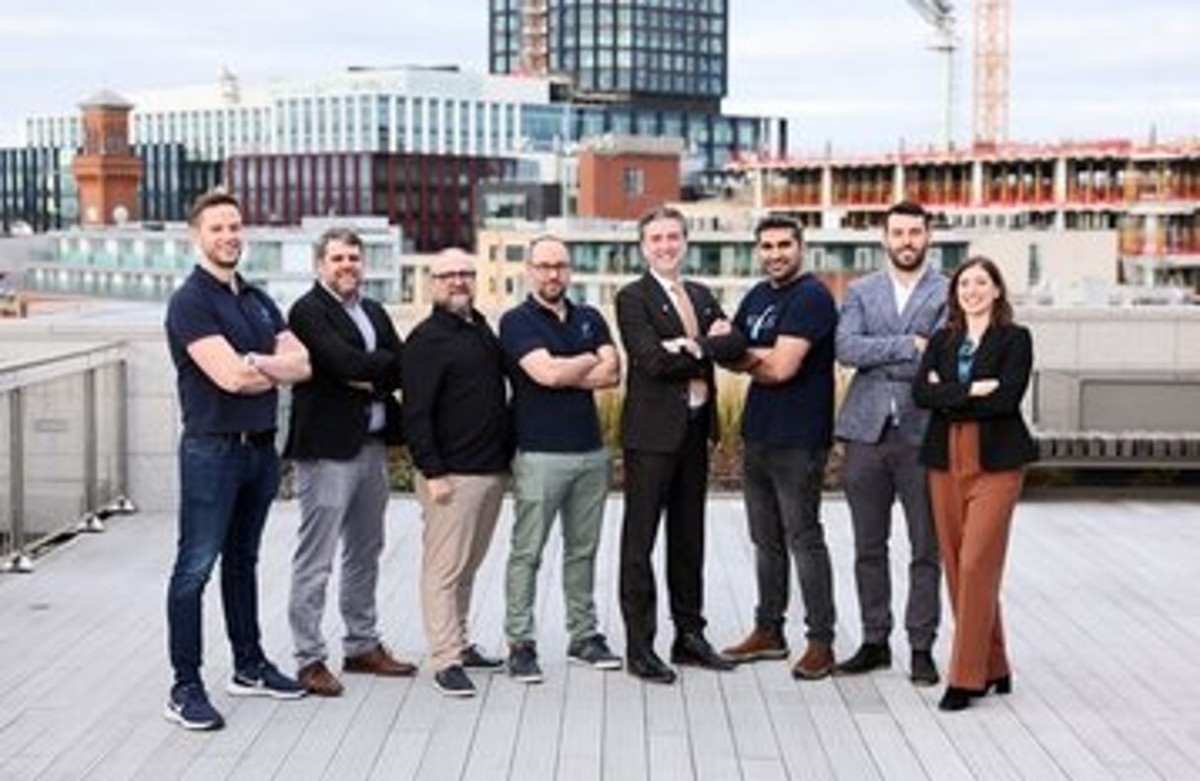
KoolLogix partners with Singapore's A*Star for $8m cooling solutions lab
Thermal management firm KoolLogix has partnered with A*Star (The Agency for Science, Technology, and Research) to build an $8 million lab to develop AI and GPU-optimized cooling solutions.
A*Star is a public sector research and development agency based in Singapore.
The lab will focus on developing and test-bedding energy-efficient cooling heat removal technologies for future AI and GPU data centers.
KoolLogix has also launched its HRM50 series; a rear door heat exchanger, capable of removing 50kW of heat per rack.
The company said its pump-free and compressor-free design achieved a coefficient of performance of 150, with savings of up to 50 percent compared to traditional cooling technologies.
KoolLogix has designed and installed cooling solutions for clients including OCBC Bank and the National Supercomputing Centre (NSCC Singapore). Founded in 2018 and with headquarters in Singapore, the company has deployed its solutions to several colocation and enterprise data centers.
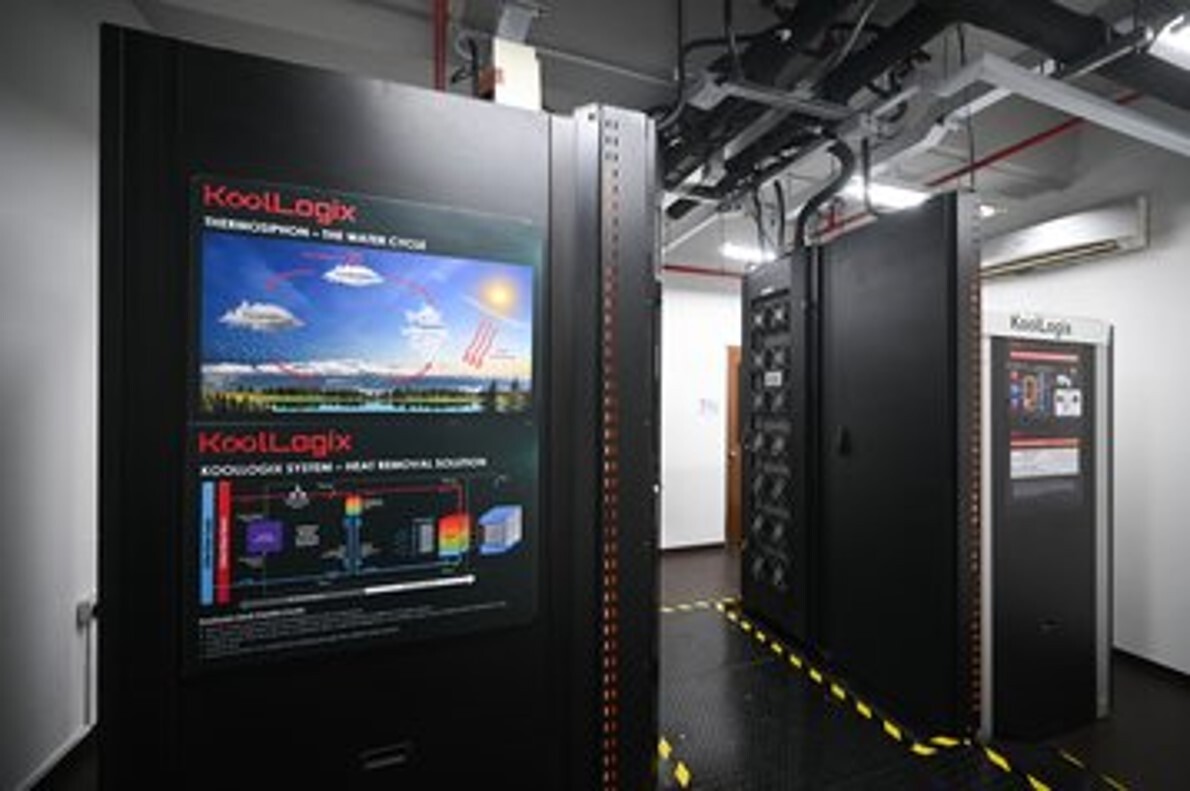
Google to purchase 200k tons of carbon removal credits from Terradot
Google has entered into a long-term purchase agreement and made a direct equity investment with Terradot, a carbon removal startup, to help scale its enhanced rock weathering (ERW) carbon removal technology.
As part of the agreement, Google will purchase 200,000 tons of carbon removal credits, delivered in the early 2030s. This represents the largest ERW carbon removal deal to date.
Terradot secured $58.2 million in funding this week from a range of investors, including Microsoft’s Climate Innovation Fund. The investment includes $4.2 million in seed funding and a recently closed $54 million Series A round.
In addition, Frontier, a carbon capture partnership founded by Stripe, Alphabet, Shopify, Meta, and McKinsey, agreed to a 90,000-ton, $27 million carbon removal purchase for delivery between 2025 and 2029.
ERW is a carbon removal technique that accelerates the natural process of rock weathering. It works by grinding silicate rocks, like basalt, into fine particles and spreading them over land.
Over recent years, Google has increasingly prioritized carbon removal. In 2024, it made several significant investments in carbon removal companies.
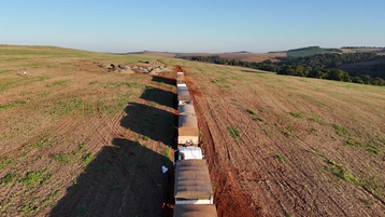
Google plans "gigawatts of data center capacity" in Intersect Power and TPG Rise Climate partnership
Google has signed a strategic partnership with Intersect Power and TPG Rise Climate to develop colocated renewable power and storage technologies with new data centers across the US.
Under the partnership's terms, Intersect Power will construct clean energy assets, with Google as the offtaker via new data center campuses and as an anchor tenant in colocated industrial parks. Google plans to deliver gigawatts of new data center capacity across the US as part of the partnership.
Intersect has targeted $20 billion in renewable power infrastructure investment by the end of the decade. It has already commenced financing of the partnership’s first colocated clean energy project, which is expected to be operational in 2026 and fully complete by 2027.
Google has signed several clean power agreements to support its data center operations over 2024. Most of these have been through long-term Power Purchase Agreements (PPA).
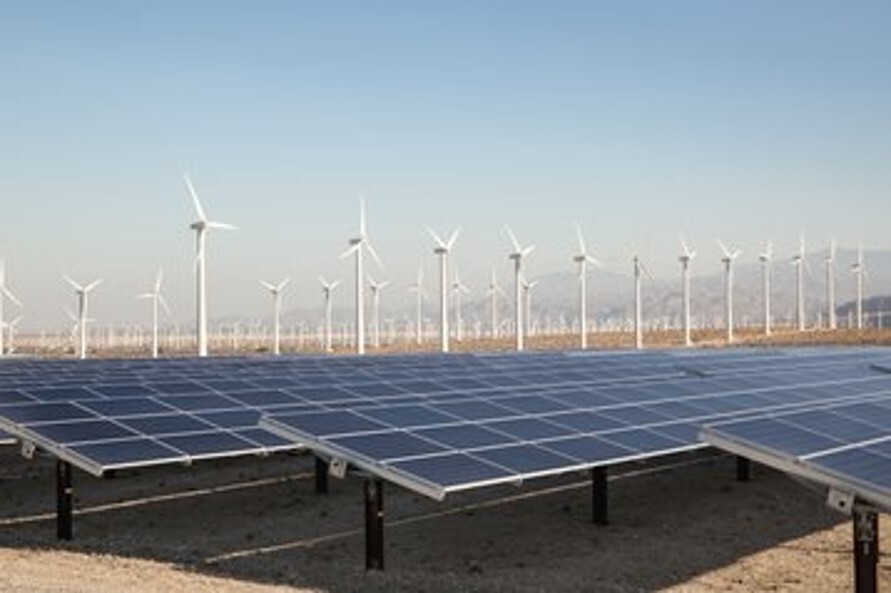
New data center firm Doma plans 1.5GW of data centers in Thailand
A new data center firm has launched with plans to develop data center campuses in Thailand.
Doma Infrastructure Group (DIG), which describes itself as a developer of master-planned data center parks, partnered with Silicon Tech Park (STP), a Thai technology park operator to jointly develop three AI-ready green data center parks in the Eastern Economic Corridor (EEC).
The core and shell facilities will cater to data center operators, hyperscalers, and GPU-as-a-service providers.
As well as to renewables such as solar, negotiations are ongoing to access hydroelectric power across the Thai border from Laos.
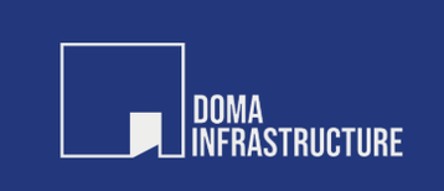
Euro HPC JU names seven AI Factory hosting sites
The EuroHPC Joint Undertaking (EuroHPC JU) has selected seven sites to host the initiative’s new European AI factories.
The seven AI Factories are:
_Barcelona, Spain: BSC AIF at the Barcelona Supercomputing Centre
_Bologna, Italy: IT4LIA at CINECA - Bologna Tecnopolo
_Kajaani, Finland: LUMI AIF at CSC
_Bissen, Luxembourg: Meluxina-AI at LuxProvide
_Linköping, Sweden: MIMER at the University of Linköping
_Stuttgart, Germany: HammerHAI at the University of Stuttgart
_Athens, Greece: Pharos at GRNET
Launched in 2018 and headquartered in Luxembourg, EuroHPC JU is a joint initiative between the EU, 35 European countries, and private partners to develop a supercomputing ecosystem in Europe.
Its mission is to develop, deploy, extend, and maintain a secure and connected supercomputing and quantum computing ecosystem, while supporting the development of key high-performance computing skills for European science and industry.

Micron to receive $6.2bn in direct CHIPS Act funding
The Department of Commerce has reached a binding agreement with Micron to award the company $6.165 billion in direct funding under the CHIPS and Science Act.
It was initially announced in April that Micron was set to receive $6.14bn under the act. Micron has pledged to invest approximately $100 billion in New York and $25 billion in Idaho, which will create approximately 20,000 jobs.
Micron is the fourth company to have finalized its CHIPS Act funding agreement with the outgoing Biden administration. In early November, TSMC and GlobalFoundries were awarded $6.6bn and $1.5bn respectively in direct funding and later that same month, Intel was awarded $7.865bn, a reduction to the $8.5 billion in direct funding the chipmaker was preliminarily awarded back in March.
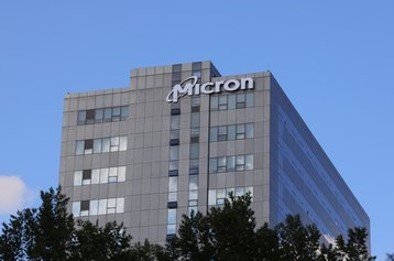
Leave A Reply
LOGO
This stunning beach house property is a true oasis, nestled in a serene coastal community with direct access to the beach.
Opening Hours
Monday - Friday : 9AM to 5PM
Sunday: Closed
Closed during holidays
Contact
+18888888888
hezuo@eyingbao.com123 West Street, Melbourne Victoria 3000 Australia



